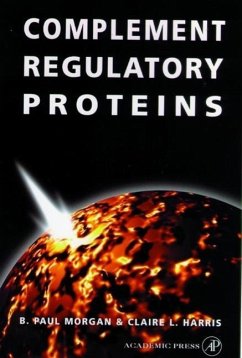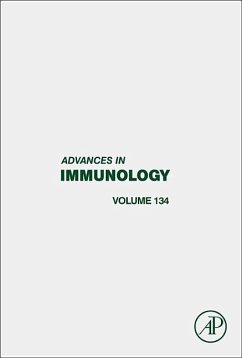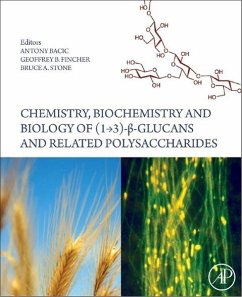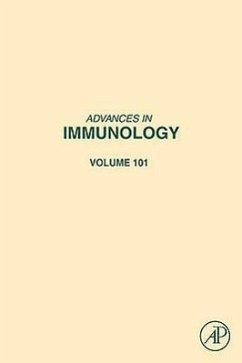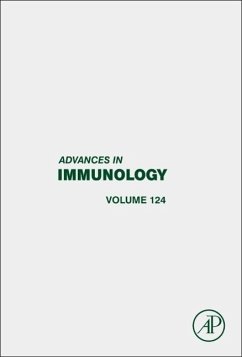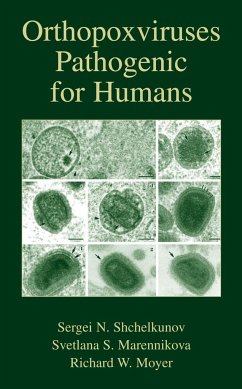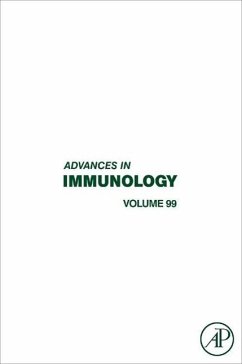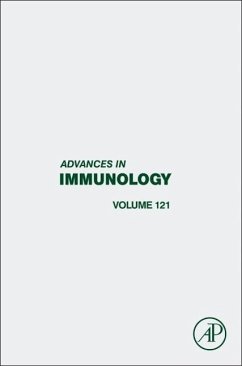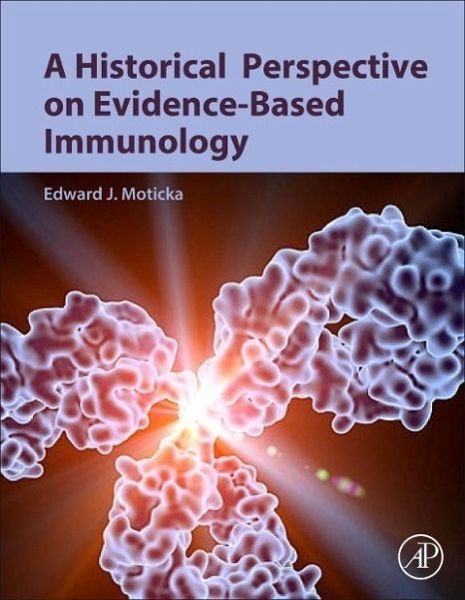
A Historical Perspective on Evidence-Based Immunology

PAYBACK Punkte
50 °P sammeln!
A Historical Perspective on Evidence-Based Immunology focuses on the results of hypothesis-driven, controlled scientific experiments that have led to the current understanding of immunological principles. The text helps beginning students in biomedical disciplines understand the basis of immunologic knowledge, while also helping more advanced students gain further insights. The book serves as a crucial reference for researchers studying the evolution of ideas and scientific methods, including fundamental insights on immunologic tolerance, interactions of lymphocytes with antigen TCR and BCR, t...
A Historical Perspective on Evidence-Based Immunology focuses on the results of hypothesis-driven, controlled scientific experiments that have led to the current understanding of immunological principles. The text helps beginning students in biomedical disciplines understand the basis of immunologic knowledge, while also helping more advanced students gain further insights. The book serves as a crucial reference for researchers studying the evolution of ideas and scientific methods, including fundamental insights on immunologic tolerance, interactions of lymphocytes with antigen TCR and BCR, the generation of diversity and mechanism of tolerance of T cells and B cells, the first cytokines, the concept of autoimmunity, the identification of NK cells as a unique cell type, the structure of antibody molecules and identification of Fab and Fc regions, and dendritic cells.




